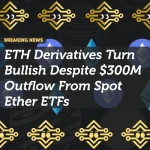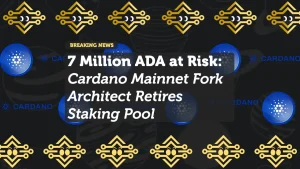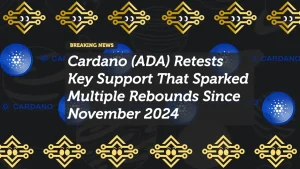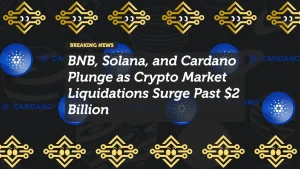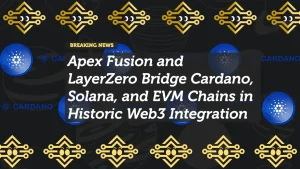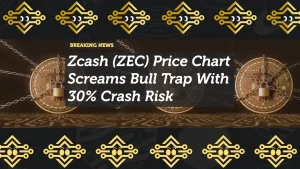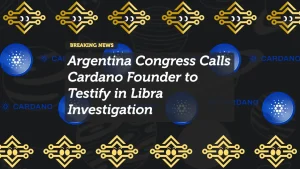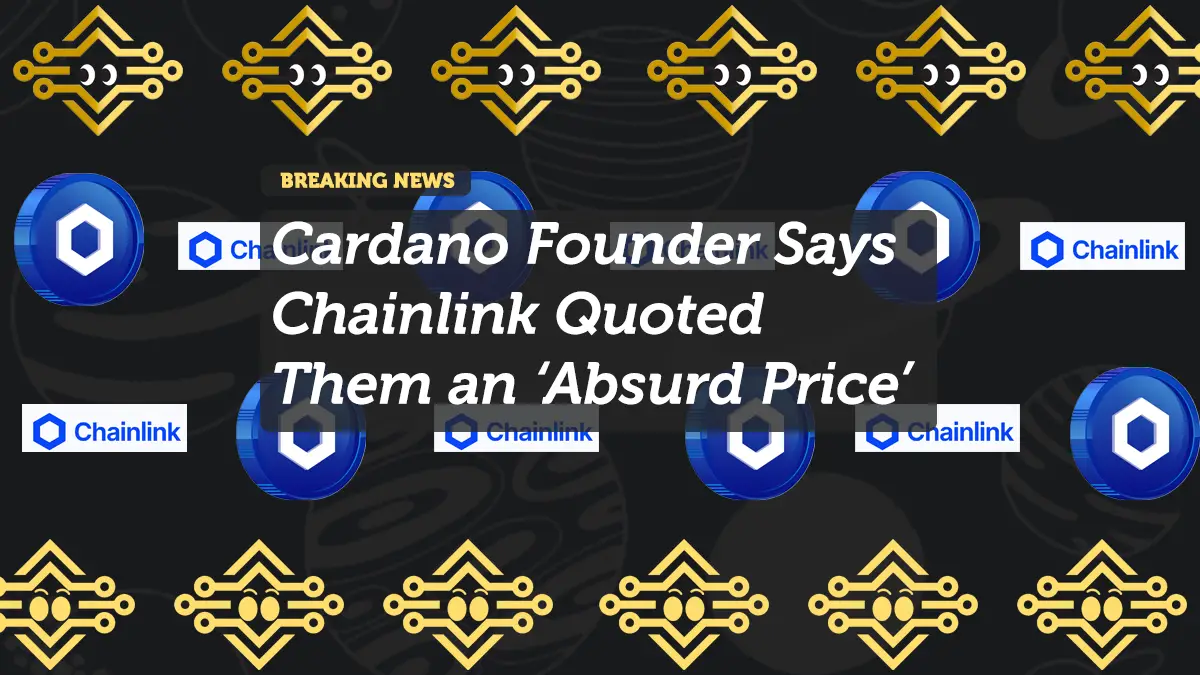
Cardano Founder Says Chainlink Quoted Them an ‘Absurd Price’
A fresh controversy has erupted in the crypto world as Cardano founder says Chainlink quoted absurd price for oracle integration. Charles Hoskinson, known for his outspoken takes, revealed that discussions between Cardano and Chainlink broke down over what he described as “unrealistic” cost demands.
The remark has fueled debate around whether oracle providers are charging too much for essential blockchain infrastructure.
The Background: Cardano and Oracles
Oracles play a critical role in connecting blockchains to real-world data—powering DeFi apps, smart contracts, and cross-chain activity. Chainlink is the leading provider, with integrations across Ethereum, Solana, Polygon, and more.
Cardano, meanwhile, has been building its own ecosystem of smart contracts and decentralized apps since launching its Alonzo upgrade. For Cardano to reach its full potential, robust oracle integration is essential.
Hoskinson’s ‘Absurd Price’ Claim
In a community Q&A, Hoskinson disclosed that negotiations with Chainlink stalled because of high costs. While he didn’t disclose exact numbers, he labeled Chainlink’s quote as “absurd” given Cardano’s priorities and budget allocation.
He added that Cardano would instead explore alternative solutions, potentially developing in-house or turning to competing oracle providers.
Chainlink’s Position in the Market
Chainlink remains the dominant oracle provider, but the criticism highlights growing tensions:
- Pricing model: Chainlink’s fees are often opaque, varying by network and use case.
- Competitors emerging: Players like Band Protocol, API3, and Pyth Network are challenging Chainlink with cheaper, specialized options.
- Adoption trade-offs: Chainlink’s network effect is strong, but blockchain projects must weigh whether costs outweigh benefits.
Community and Market Reactions
Hoskinson’s comment quickly spread across social media:
- Cardano supporters praised the founder for calling out what they saw as “monopoly pricing.”
- Chainlink advocates countered that high reliability and security justify the costs, especially for high-value applications.
- Developers debated whether Cardano risks falling behind without partnering with the leading oracle network.
The debate also raised concerns about whether high oracle pricing could slow broader blockchain adoption.
What This Means for Cardano
Without Chainlink, Cardano faces a critical decision:
- Build in-house oracle systems, though costly and time-consuming.
- Partner with competitors like API3 or Pyth, potentially faster and cheaper.
- Hybrid approach, balancing external integrations with proprietary infrastructure.
Each path has trade-offs, but with DeFi and real-world asset tokenization growing rapidly, Cardano needs scalable oracle solutions to stay competitive.
Final Thoughts
The fact that Cardano founder says Chainlink quoted absurd price highlights a deeper challenge: blockchain interoperability may be hitting cost bottlenecks.
As the industry matures, oracle providers will face pressure to standardize pricing and improve transparency, while projects like Cardano must decide whether to pay a premium for Chainlink’s network or innovate with alternatives.
Either way, the debate underscores one truth—data feeds are the lifeblood of decentralized ecosystems, and whoever controls them wields enormous influence over Web3’s future.









